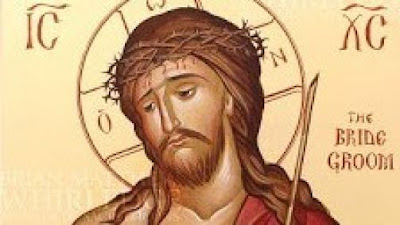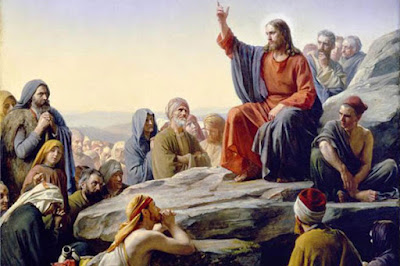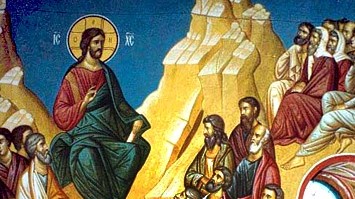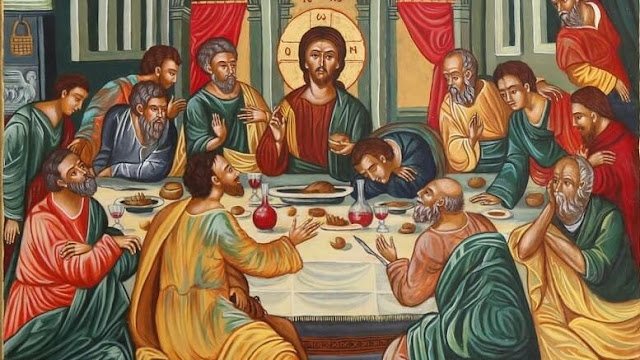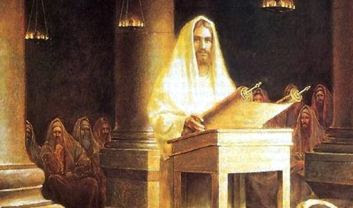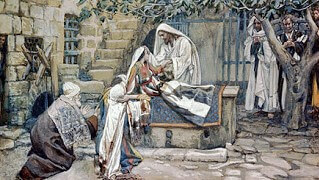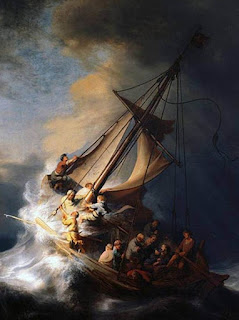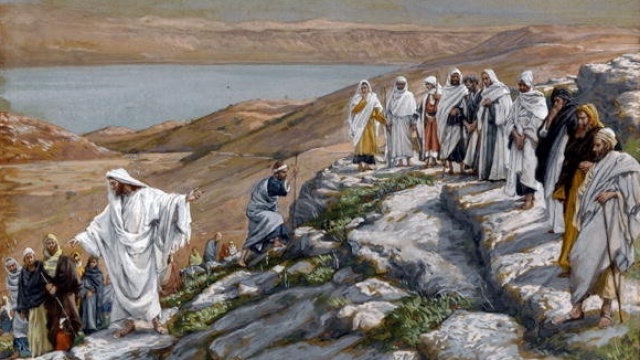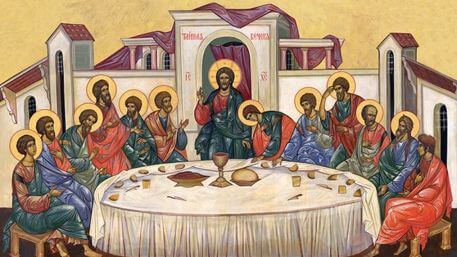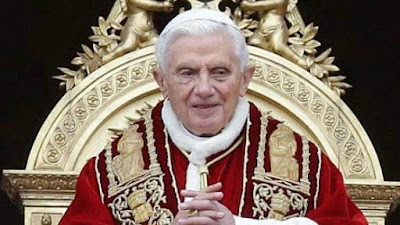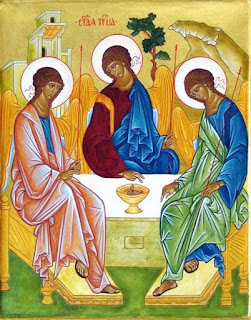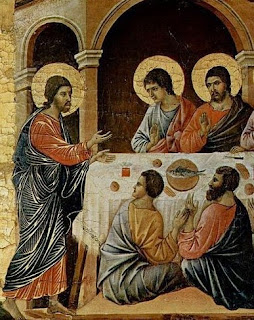Divine Mercy Sunday Plenary Indulgence | 2022
Divine Mercy Sunday is April 24, 2022 Jesus told St. Faustina that this Feast of Mercy would be a very special day when "all the divine floodgates through which graces flow are opened." (Diary 699) Our Lord made a great promise to all those souls who would go to Confession and then receive Him in Holy Communion on the Feast of Mercy, on the Sunday after Easter, which is now called Divine Mercy Sunday throughout the Catholic Church. Jesus promised, "The soul that will go to Confession and receive Holy Communion shall obtain the complete forgiveness of sins and punishment." (Diary 699) He went on to say, "I want to grant a complete pardon to the souls that will go to Confession and receive Holy Communion on the Feast of My Mercy." (Diary 1109) Take advantage of this incredible promise and the additional plenary indulgence on this feast of Mercy "Divine Mercy Sunday". We want you to benefit fully from these promises, and we encourage you t
